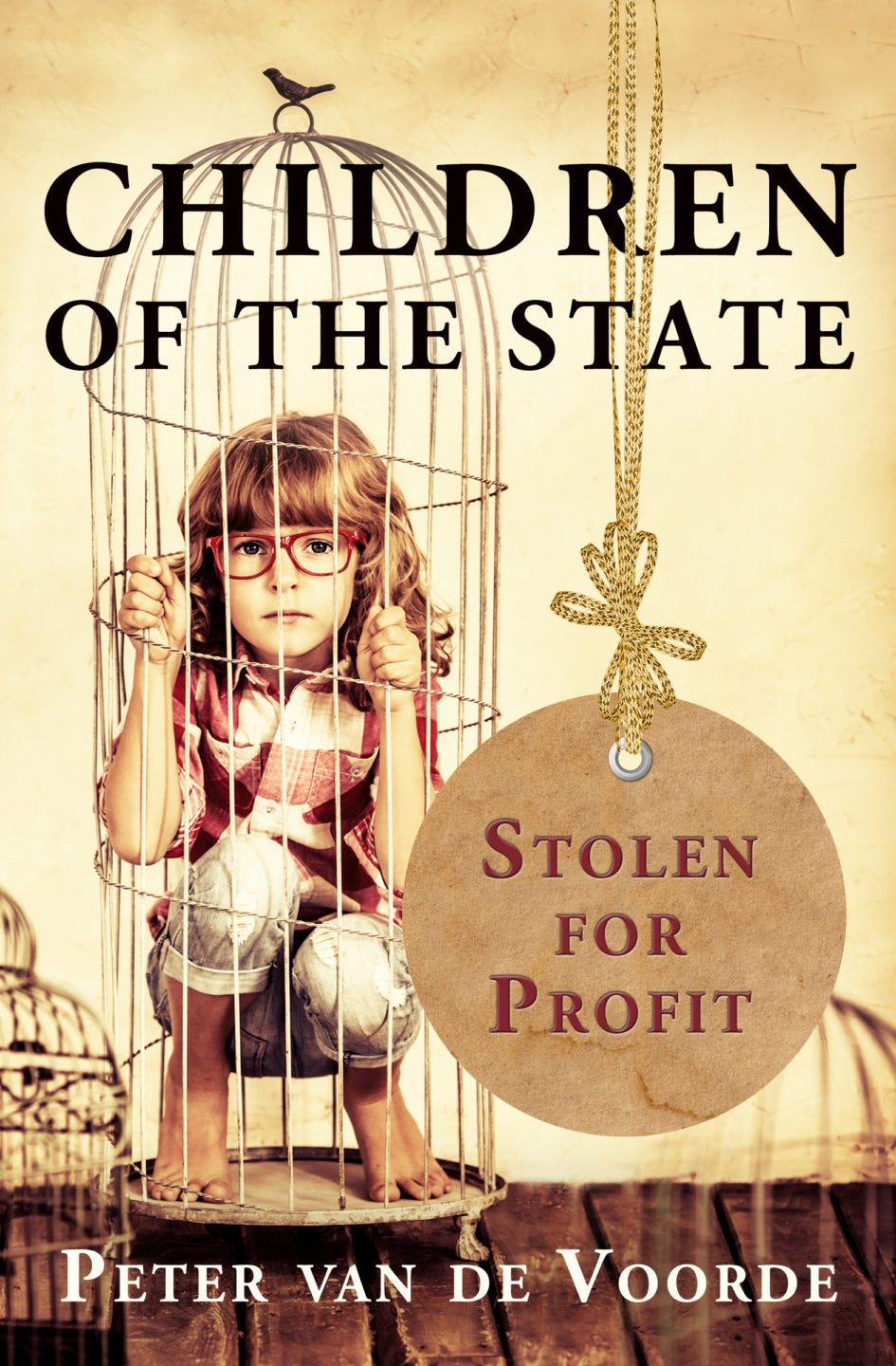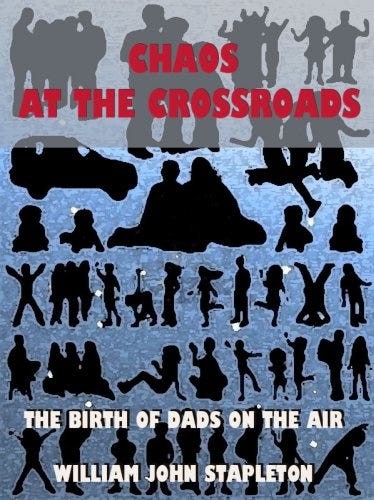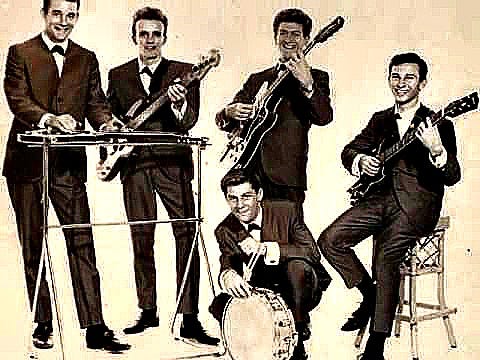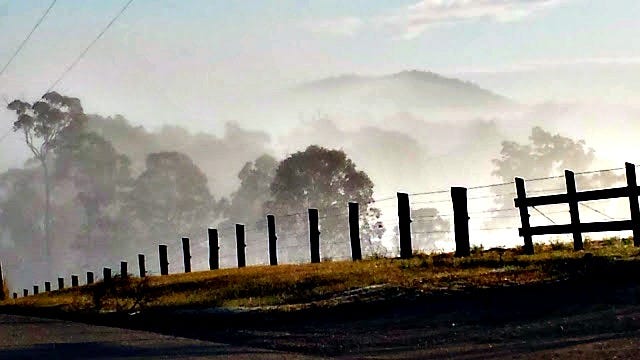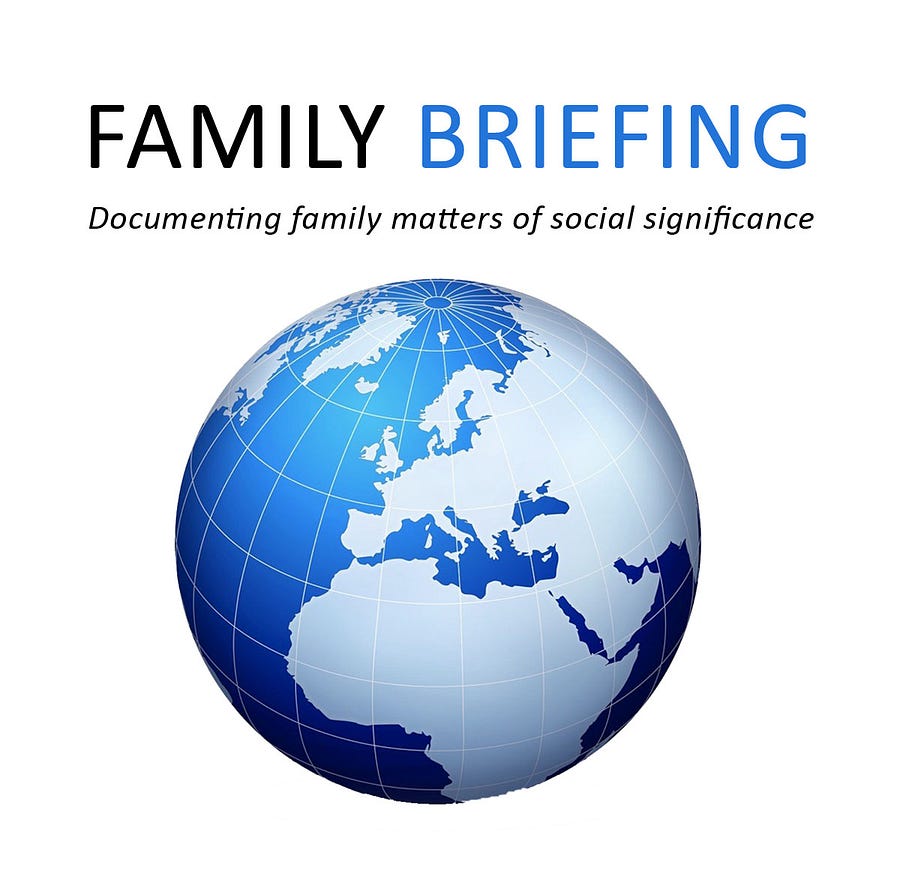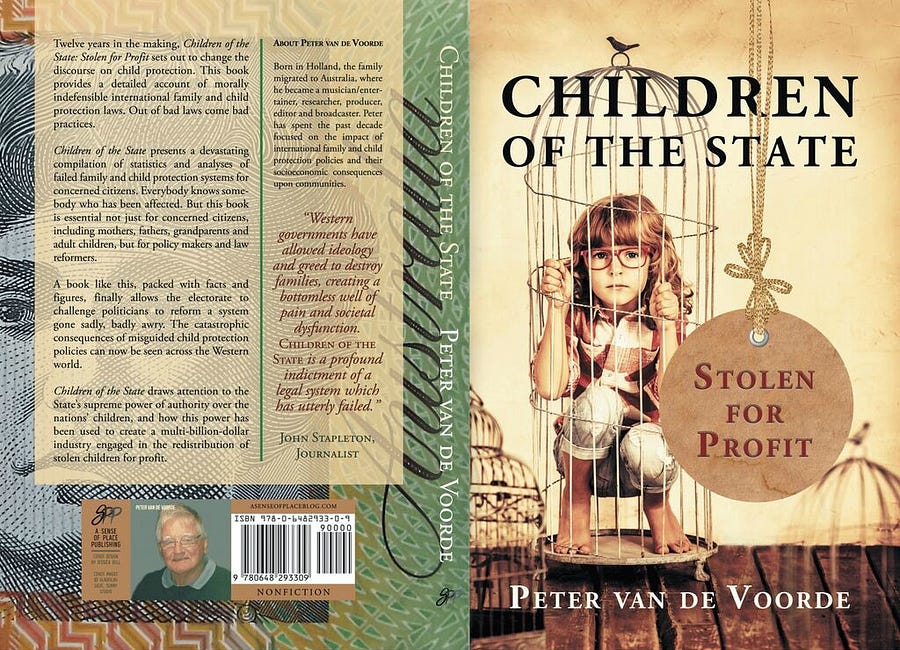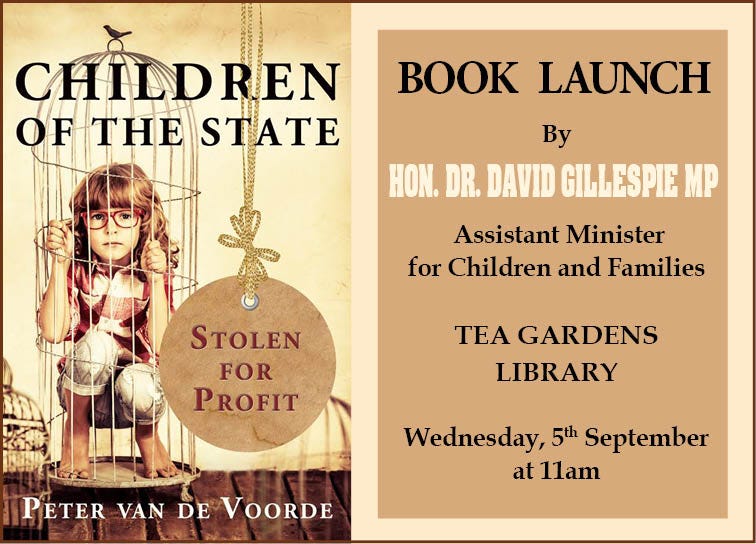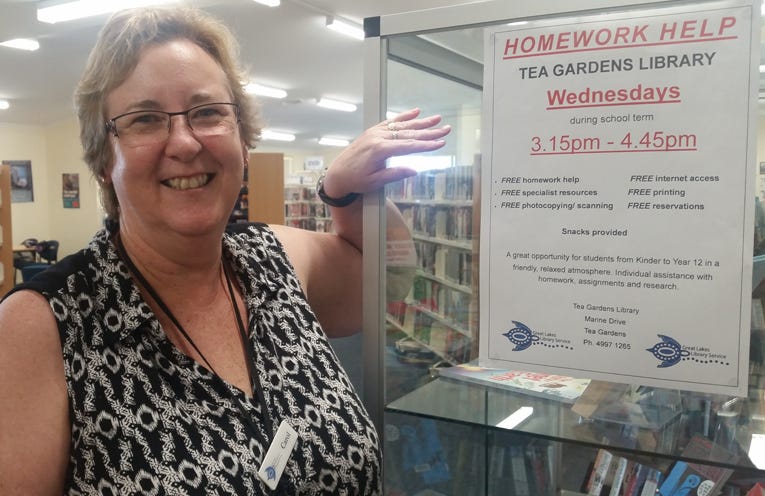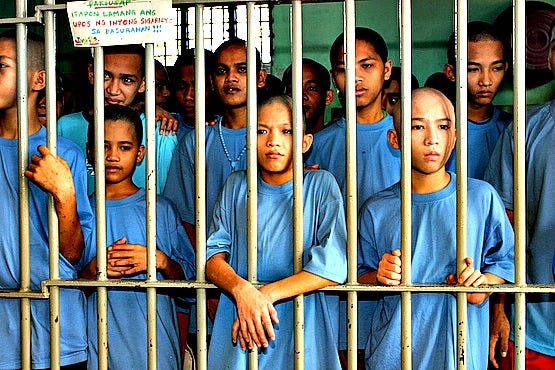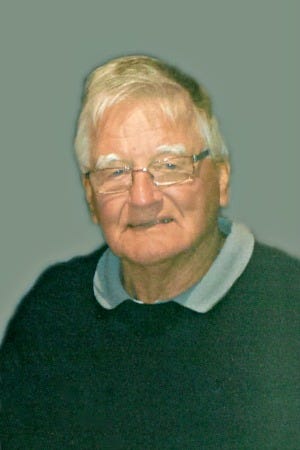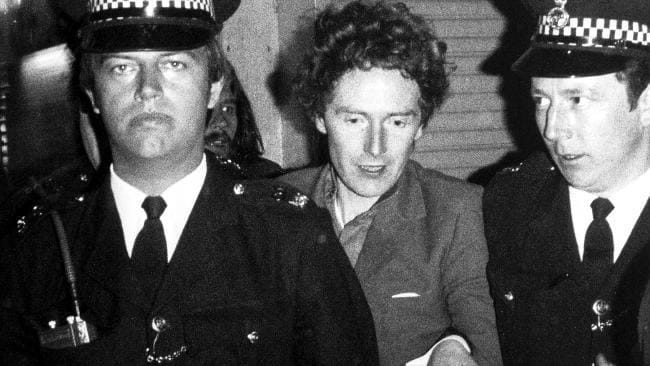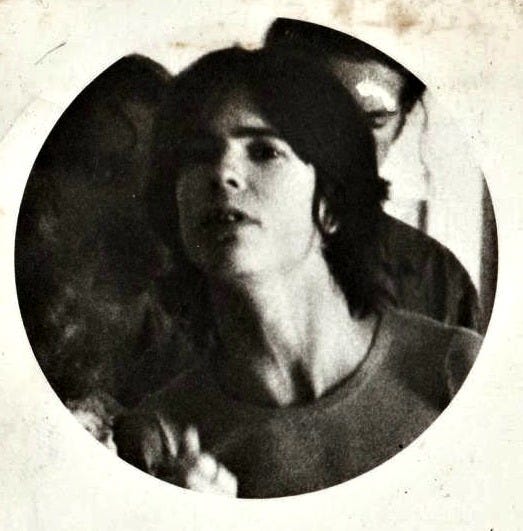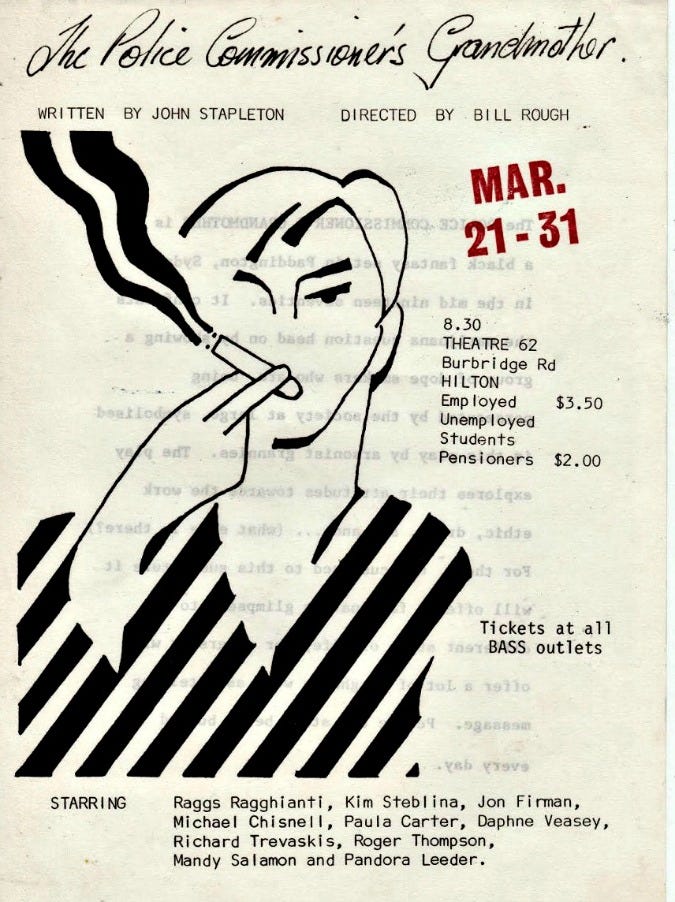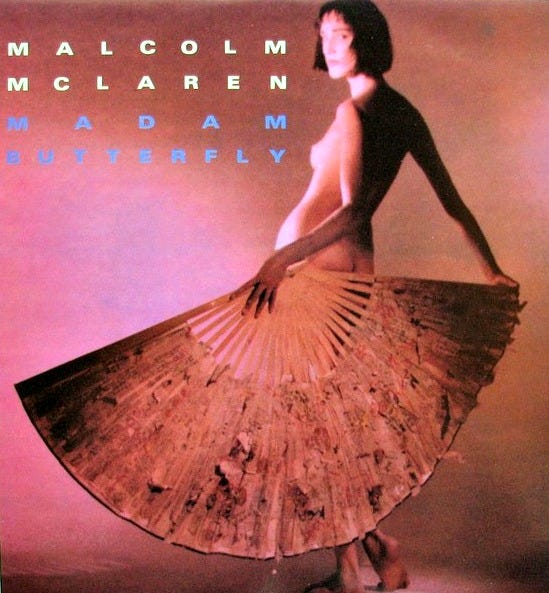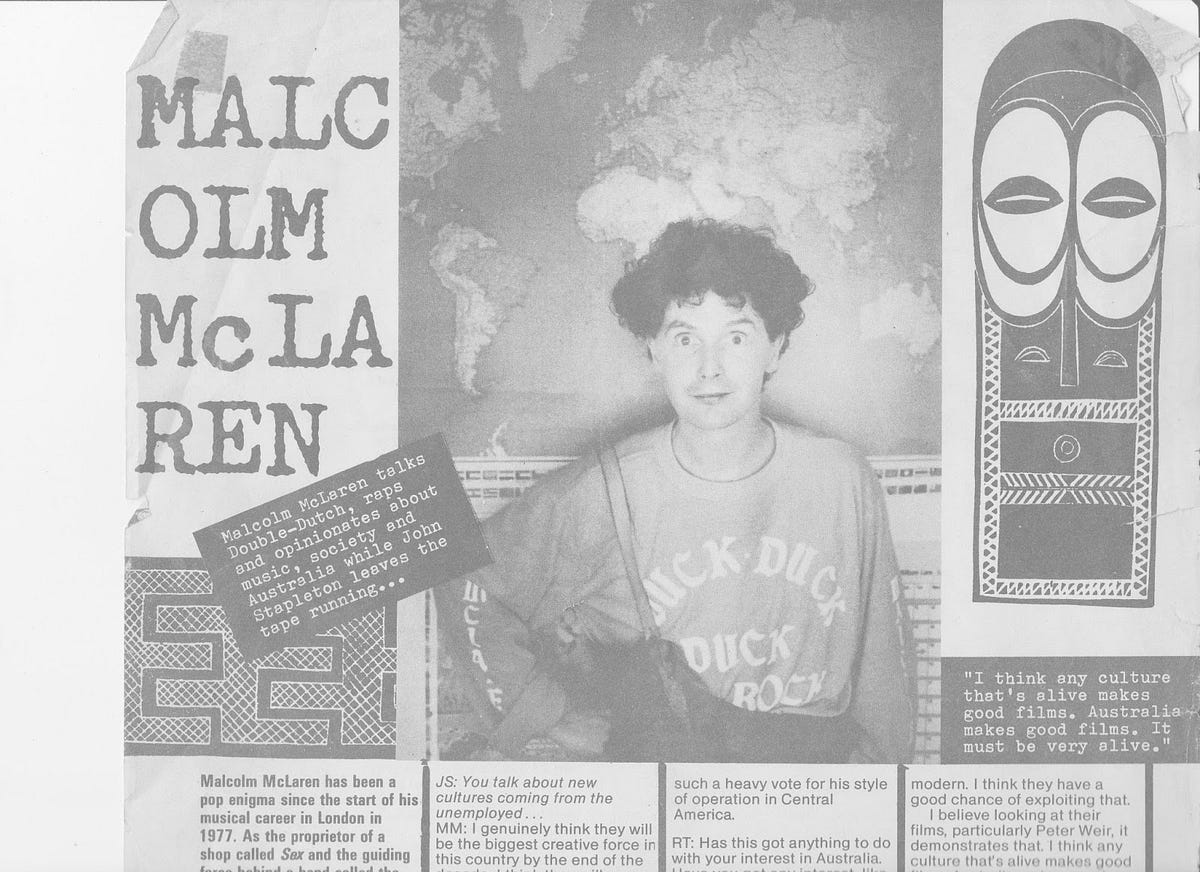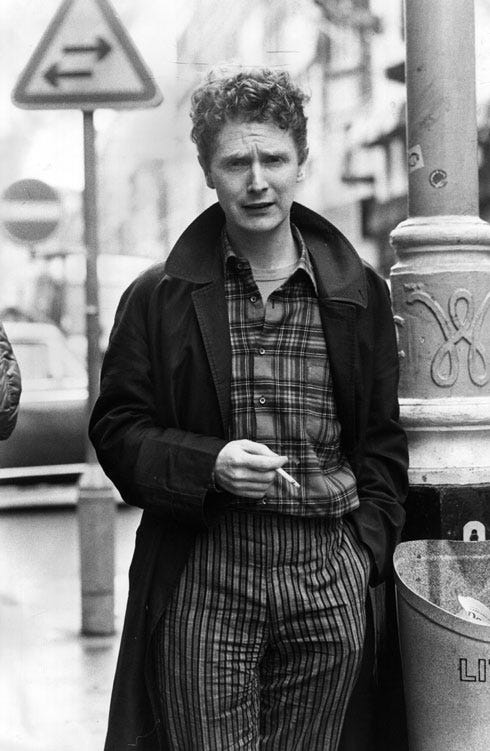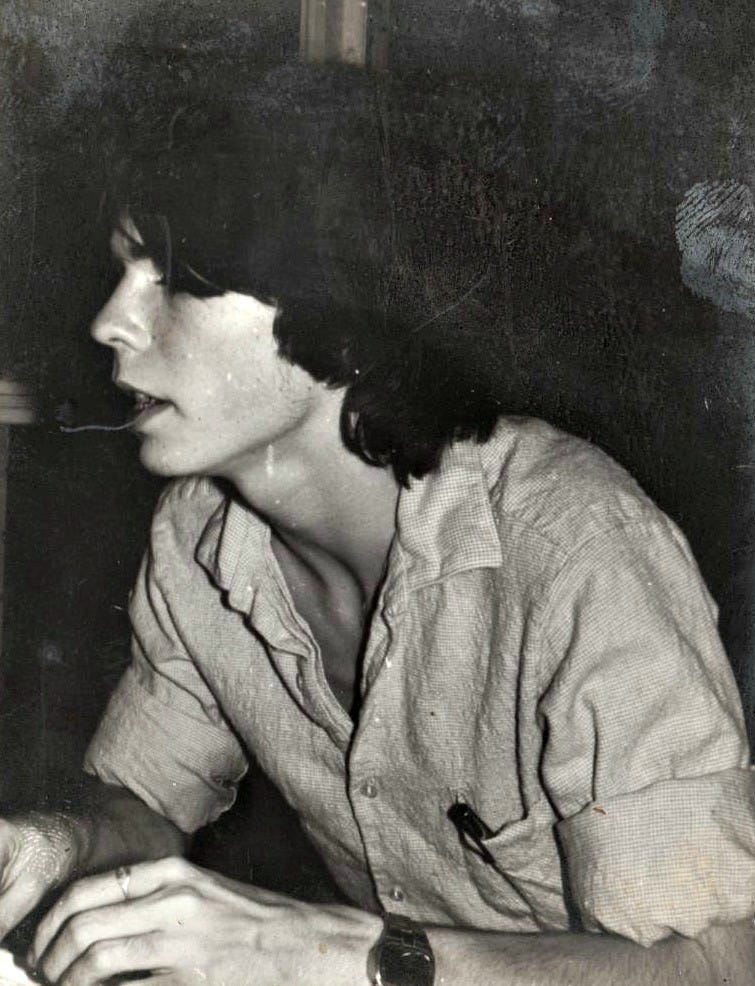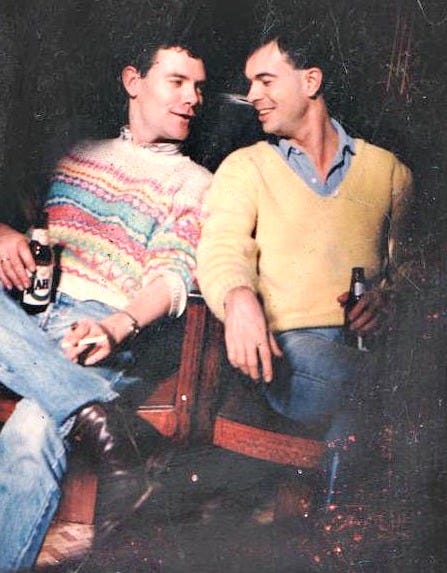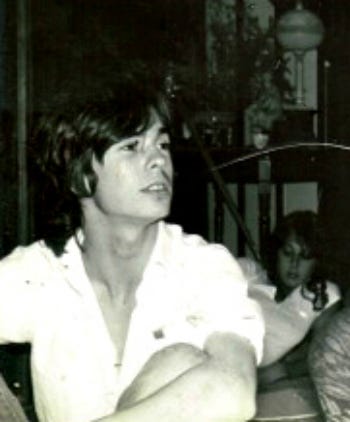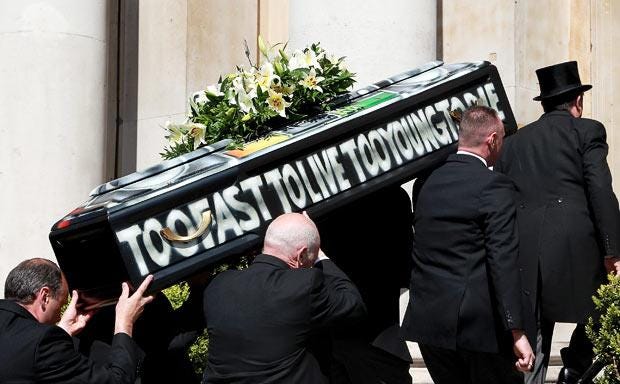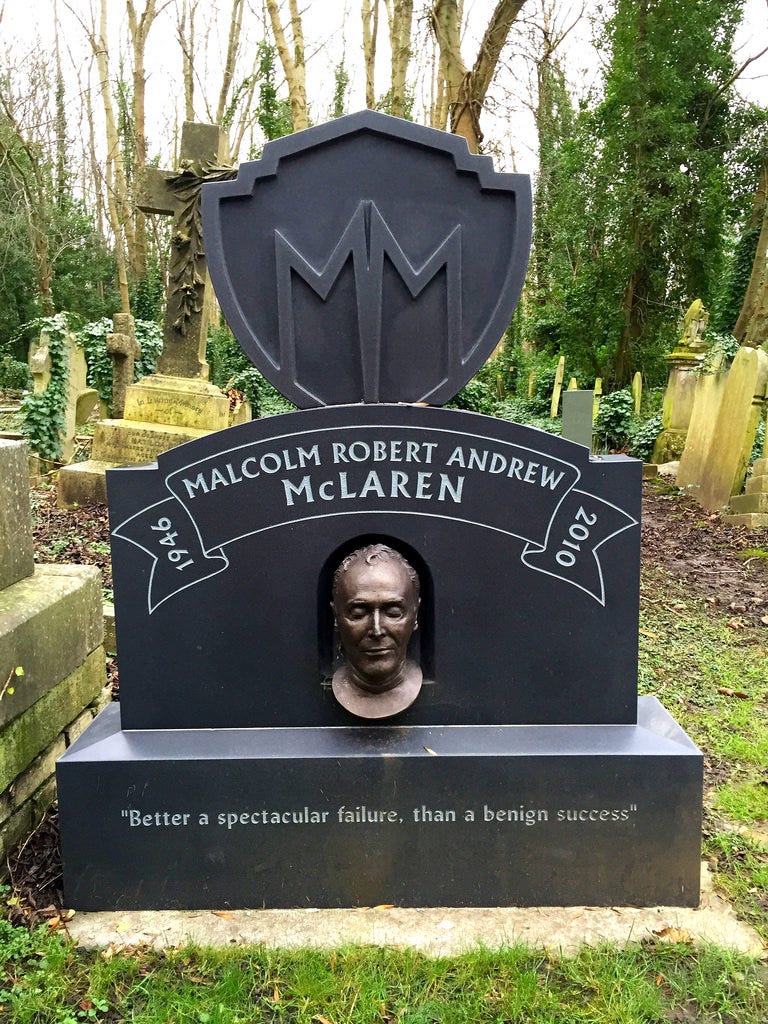JOHN STAPLETON. The fiasco of Australia’s telecommunications.
Complaints against the troubled broadband network have risen yet again with the latest Telecommunications Ombudsman’s Report, released this week, showing significant increases in complaints over the last year.
As the government prepares to sell the NBN, levels of dissatisfaction against what critics describe as the worst infrastructure project in Australian history are extremely high. The disastrous state of the nation’s telecommunications networks is generating not just anger and frustration but significant financial losses. In overall terms, residential complaints rose to a record 146,957, an increase of 8,141, or 5.9%. Business complaints rose 8.7% to 20,433, an increase of 1.644.
The worst performing telco by a considerable margin was Optus, with an increase of 35% in complaints. The next closest was Telstra, on a comparatively modest 7.7% increase.
Telecommunications Ombudswoman, Judi Jones, told The New Daily that Optus was well aware of the problem and her office was in constant communication with them. “They are working hard on their processes”, she said. “Hopefully next year will see a reduction.”
In terms of states, Queensland, for the second year in a row, showed the greatest increase in the number of complaints – 13.2%. There is no official explanation. “We can see nothing in the data to explain that,” Ombudswoman Jones said. The next worst performing state was WA, with an increase of 10.7%. In terms of volume, NSW remains the worst state, with 52,989 complaints, an increase of 4.9%. Twelve percent of residents complained they receive no service at all, while a further 19.1% complained of intermittent service, dropouts and slow speeds. In terms of customer service a whopping 33.8% of residents complained of either no action or delayed action. Businesses were even more dissatisfied, with 35.9% complaining of zero or delayed responses to their complaints.
The devastating impacts on business of the botched NBN roll out are clear: 16.2% complained of no service at all. A further 13.9% complained of intermittent service, dropouts and slow speeds. There were more than 12,200 compensation payouts last year for both residents and businesses. The maximum payout is $50,000.
While most of the statistics trended up across the year, Ombudswoman Jones points to a modest decrease in the final quarter as a hopeful sign the tide is turning. Internet activists see it differently. Former Executive Director of Internet Australia, Laurie Patton, told The New Daily any decrease in complaints was likely to be a result of heavy wholesale discounting by NBN, introduced in panic and under government pressure. The discounts allowed retailers to increase the bandwidth they purchased and saw congestion levels fall. “The dilemma is the discounts are about to end”, he said. “It was only a temporary measure. Our internet service is not going to get any better overall until we adopt 21st technologies.”
Patton said he sympathised with Communications Minister Mitch Fifield, who he says has been let down by NBN Co. “The people who advised the Government back in 2013 are the ones to blame, as are the current NBN Co. Board Members who refuse to concede that what they are now building is a dud.”
Research conducted with the assistance of economics graduate Christopher Collins.
John Stapleton worked as a journalist on The Sydney Morning Herald and The Australian for more than 20 years. A collection of his journalism is being constructed here.
This story was originally published in The New Daily, 17 October 2018.

